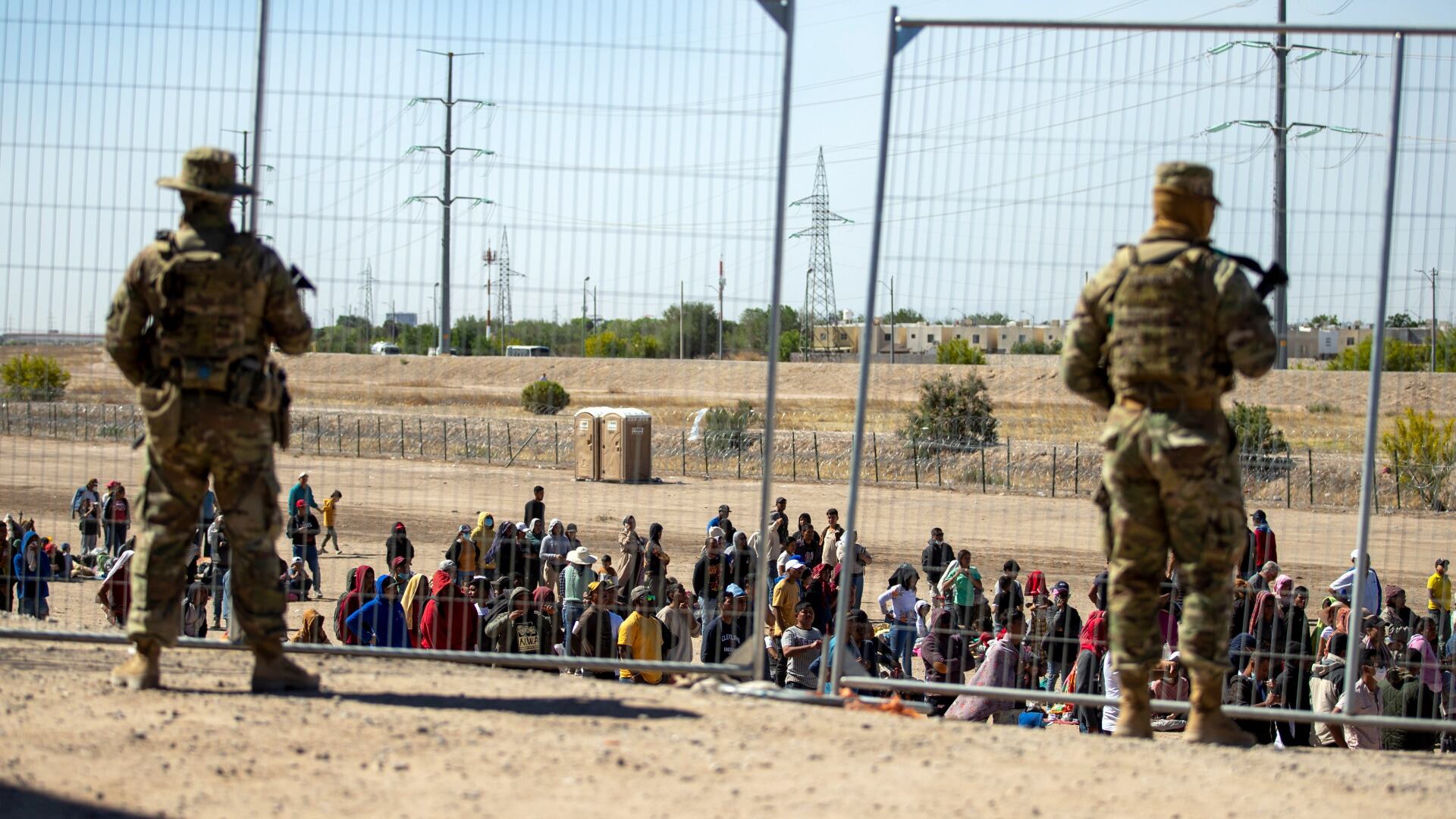By Liset Cruz and Valerie Gonzalez
Border Patrol does not have protocols for assessing medical needs of children with preexisting conditions, according to an independent report made public Tuesday on the death of an 8-year-old girl from Panama who was in federal custody.
The girl’s death was “a preventable tragedy that resulted from” failures in “medical and custodial systems for children” within U.S. Customs and Border Protection, the agency that includes the Border Patrol, the report found.
It's the latest damning finding in the May 17 death of Anadith Danay Reyes Alvarez, who was on her ninth day in custody with family in Harlingen, Texas, in the Rio Grande Valley, one of the busiest corridors for migrant crossings. She had a chronic heart condition and sickle cell anemia.
An internal investigation found Border Patrol medical staff declined to review the girl's file.
The report made public Tuesday was conducted by an independent monitor working to enforce compliance with the latest terms of the Flores settlement agreement, a measure created to bring child welfare protections to children in immigration custody.
“The failure to consult a physician or a local health facility for more extensive testing raises fundamental concerns regarding the ability of the CBP medical system to care appropriately for children at elevated medical risk,” the report says.
New leadership has been appointed to the agency's Office of the Chief Medical Officer, said Troy A. Miller, acting CBP commissioner.
The agency "has undertaken significant steps to address deficiencies identified by the ongoing investigation, as well as to ensure that medically fragile individuals and family units receive the best possible care and spend the minimum amount of time possible in CBP custody,” Miller said.
Mabel Alvarez Benedicks, the girl’s mother, told The Associated Press she reported her daughter's condition to officials when she and her family were being processed at the border, but officials failed to notify other staff at the time the family was taken to a second facility designated for families, a problem the monitor highlighted in a previous report to the court.
Six days later, the girl tested positive for influenza and had a temperature of 101.8 F (38.78 C), according to the report. She was given medication, put into isolation with her family but three days later, the girl and her mother made numerous visits to the medical unit, the report said.
Anadith reported vomiting and then a stomachache to the health provider, who failed to contact an on-call physician, the report showed. There is no protocol that highlights when an on-call physician should be contacted.
Alvarez begged officials to call an ambulance in order to hospitalize Anadith as her daughter felt pain in her bones, struggled to breathe and was unable to walk, but the health provider did not consider transferring the girl to a hospital, according to the report.
After Alvarez carried her daughter to the medical unit as she seized and became unresponsive, the girl was then taken to a hospital where she was pronounced dead, the report said.
The “poor clinical decision-making by the health providers” is responsible in Anadith's death, the report said.
“These inexcusable systemic failures were exacerbated by just a sheer disregard for her life,” said Melissa Adamson, an attorney at the National Center for Youth Law.
Three other migrant children have died in federal custody this year.
An unaccompanied 15-year-old girl from Guatemala died July 10 from an underlying disease while in federal custody. The girl had been hospitalized at El Paso Children’s Hospital for a significant, preexisting illness when she was referred from the U.S. Department of Homeland Security to the Office of Refugee Resettlement in May, the U.S. Department of Health and Human Services said in a statement July 11.
In May, a 17-year-old boy from Honduras died in U.S. custody. Ángel Eduardo Maradiaga Espinoza died at a holding center in Safety Harbor, Florida. His mother said her son had epilepsy but showed no signs of being seriously ill before he left for the United States.
In March, a 4-year-old “medically fragile unaccompanied child from Honduras” died at a hospital in Michigan, according to a Health and Human Services statement at the time.









